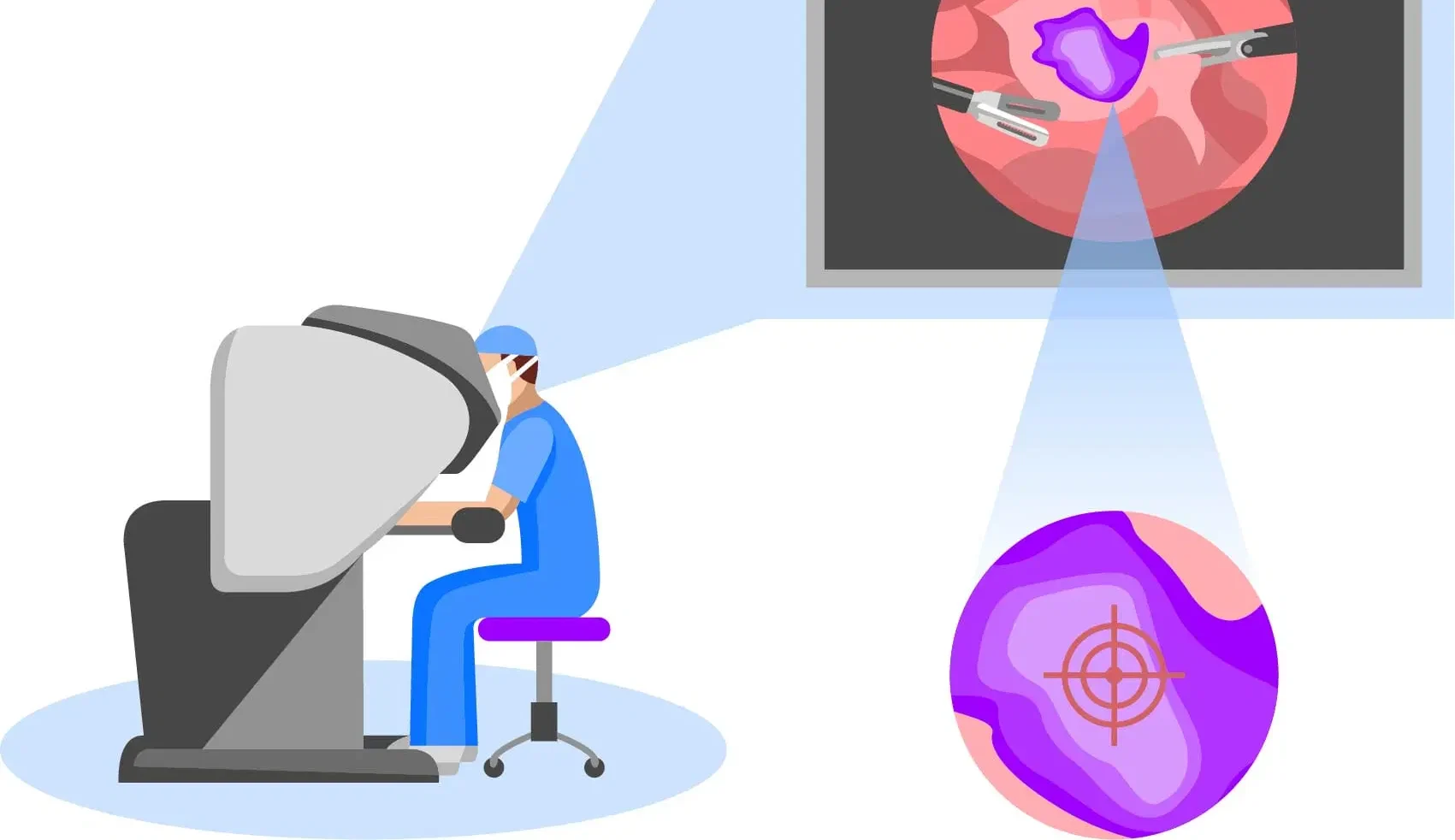As the standard breast cancer screening technology, mammography plays a major role in early detection, improving patient outcomes and survival rates. Nevertheless, there is room for improvement, especially in tumour detection for women with dense breast tissue. This paper explores the potential for new technologies to enhance breast cancer screening programmes.
As the most prevalent cancer, particularly amongst women, breast cancer receives a lot of attention in healthcare systems worldwide. Screening is central to the breast cancer care continuum and for decades, mammography has been the cornerstone technology. Its ability to enable early detection improves patient outcomes and saves lives. However, it is not without limitations.
A major challenge cited by clinicians is that presented by dense breast tissue. This makes the detection of tumours on a mammogram more difficult, and it is also associated with higher breast cancer risk. Since around 40 percent of women have dense breast tissue, this is a significant limiting factor for screening programmes dependent on mammography. In this whitepaper, we interrogate the innovation potential in this space. Is there scope to develop new breast cancer screening technologies that could complement, or eventually replace, mammography?






